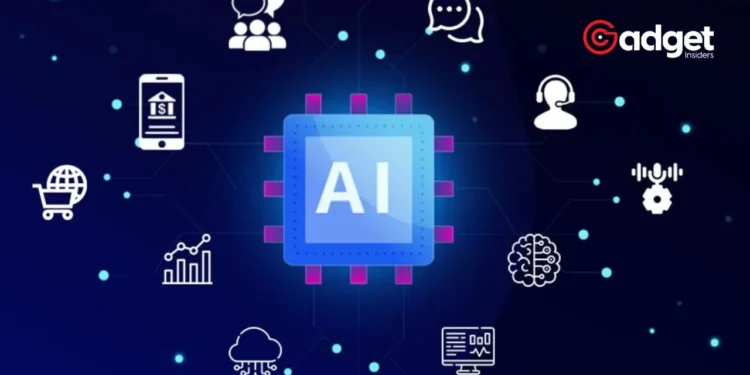In a groundbreaking shift within the education sector, the Texas Education Agency (TEA) is pioneering a significant transformation that is poised to redefine how student assessments are graded. Dubbed an “automated scoring engine,” this advanced technology employs natural language processing to evaluate the open-ended responses of students taking the State of Texas Assessments of Academic Readiness (STAAR) exams.
This innovative approach is anticipated to not only streamline the grading process but also to realize substantial savings for the state, with projections ranging between $15 and $20 million annually.

Texas: A Leap Towards Efficiency and Innovation
The deployment of this automated grading system marks a critical step towards embracing efficiency and innovation in educational assessments. Historically reliant on human graders to evaluate thousands of exam responses, the Texas education system has faced significant logistical and financial challenges.
It is anticipated that the transition to a system powered by artificial intelligence will significantly reduce the demand for human graders. If all goes according to plan, the workforce will be reduced from 6,000 in 2023 to less than 2,000 this year.
As part of a recent reform, the STAAR examinations, which are used to evaluate students’ knowledge and skills in courses that are part of the core curriculum, have been revamped to place more emphasis on open-ended questions.
Jose Rios, TEA’s director of student assessment, highlighted the intention behind this shift: “We wanted to keep as many constructed open-ended responses as we can, but they take an incredible amount of time to score.”
The implementation of the automated scoring engine is a direct response to this challenge, promising a more efficient and scalable solution to grading these complex responses.
Texas is replacing thousands of human exam graders with AI https://t.co/fqUkMoezWI
— The Verge (@verge) April 10, 2024
Safety Nets and Skepticism
To ensure reliability and accuracy, the TEA has instituted several safety measures, including the re-scoring of a quarter of all AI-graded exams by human graders and the manual review of answers that confound the system. Despite these precautions, the introduction of automated grading has been met with skepticism from some educators.
Lori Rapp, a superintendent at Lewisville Independent School District, voiced concerns over the reliability of the system following a trial period that saw an unexpected increase in zero scores for constructed responses.

Beyond AI: Redefining Automated Grading
Interestingly, the TEA is cautious about labeling its new system as AI, perhaps to distance it from the controversies surrounding generative AI services and their misuse in academic settings. The agency emphasizes that its scoring engine operates on a closed system, fundamentally distinct from AI’s adaptive learning algorithms.
This distinction underscores a careful approach to integrating technology into education, aiming to harness its benefits while avoiding the pitfalls associated with broader AI applications.

Embracing the Future with Caution
The transition to automated grading in Texas represents a bold foray into the future of education, marrying technology with the timeless goal of academic assessment. As this initiative unfolds, it will be crucial to balance the efficiency and cost-saving benefits with the imperatives of fairness, accuracy, and trust in the education system.
The journey of Texas may well set a precedent for how educational assessments are approached nationwide, signaling a new era where technology and education converge to better serve students and educators alike.
As the TEA navigates these uncharted waters, the education sector will be keenly watching, hopeful for a future where technology enhances learning outcomes without compromising the integrity and trust that form the cornerstone of educational assessment.










